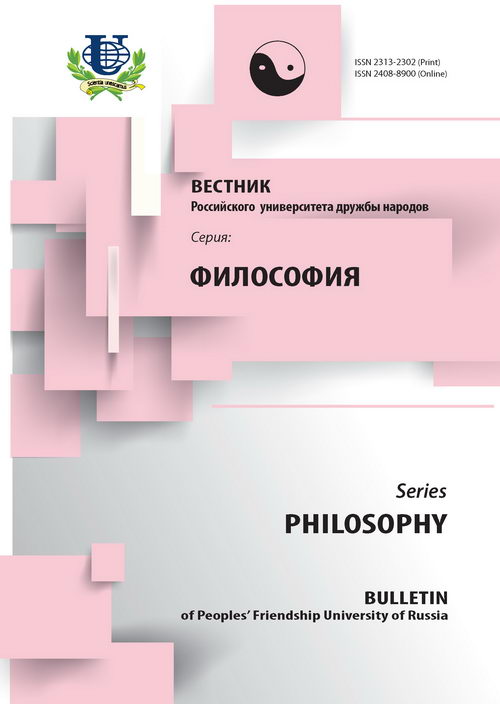Dialogue between Religions and Cultures
- Authors: McLean G.F1
-
Affiliations:
- The Catholic University of America
- Issue: No 4 (2015)
- Pages: 153-168
- Section: Articles
- URL: https://journals.rudn.ru/philosophy/article/view/11608
- ID: 11608
Cite item
Full Text
Abstract
There can be little doubt that as we enter into newly global times we find the world sinking rapidly into mutual fear and conflict. Some would propose to solve this by a kind of spiritual lobotomy or negative mode of tolerance that leads via relativism to a flaccid indifference. If however, religion is the key to having life and that more fully - as is the very essence of religion - then abandoning faith commitments or employing them against one another is not a reasonable proposal. Rather it becomes the most urgent task of our day to search deeply into how our universal faiths relate to the diversity of the cultures they inspire and hence to their mutual encounters in global times. But were religion and culture to be two alien or even antithetic realities then we might be doomed to failure and hence to conflict. Our task would be simply one of conflict resolution or attenuation by external manipulation. The argument of this paper is the contrary, namely (a) that the history of thought indicates that originally religion and culture were one and not distinguished, but (b) that in the West the emphasis on objectivity from the time of Socrates and Plato directed the mind away from culture and in modern times has made it difficult to appreciate religion as well. In response (c) the important new appreciation of human intentionality and subjectivity opens new paths to understanding both culture and religion as it were from within and as mutually important.
References
Supplementary files















